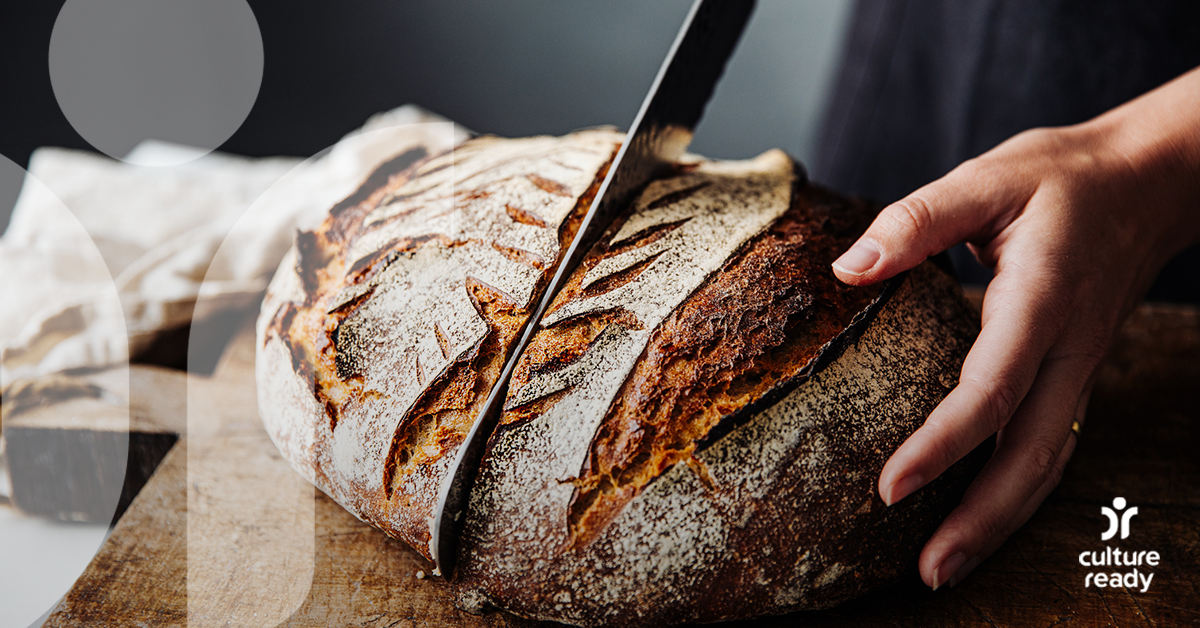Bread: A Cornerstone of the German Diet and Culture
Germany may be well-known for its many types of sausages, but bread is also an important part of the country’s cuisine and culture. In fact, there are more than 3,200 officially recognized types of German bread, according to the German Institute for Bread.
Bread is served with most meals. Abendbrot means “evening bread,” and is a light dinner of cold-cut sandwich fixings. Brotzeit refers to a snack enjoyed in beer gardens, including pretzels and brown bread. On weekends, many German families have a breakfast spread of freshly baked bread with charcuterie. They use this meal as a time to slow down and catch up on everyone’s week.
German bakers made whole grain bread as far back as the fifth century. When white bread became the norm during the industrial revolution, the German public expressed outrage and demanded the return of their beloved, whole-grain staple.
For the most part, German bread is made from unrefined rye (“roggenbrot,” in German) and spelt due to the unique farming conditions in Northern Germany. Wheat bread is confined to cities in the south of the country. Other variations include sweet loaves made with dried fruits and nuts and “farmer's bread” made with milk. German bread is also denser and heartier than bread from Italy, Spain, or France. That’s because, historically, people needed something nourishing against the country’s frequent cold and rainy weather.
Rye requires longer fermentation than grains that have more gluten resulting in a sharp, almost sour flavor. You’ll recognize the taste if you’ve tried pumpernickel, a classic German bread.
The country’s 27,000 bakeries are a testament to bread’s popularity as a staple in the German diet. According to the Goethe Institut, the average German citizen eats approximately 190 pounds of bread every year.
In 2015, UNESCO awarded German bread “intangible heritage” status, given its prominent place in German culture.
Learn More:
Traditional German Bread
